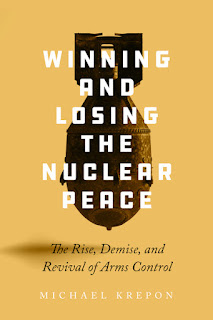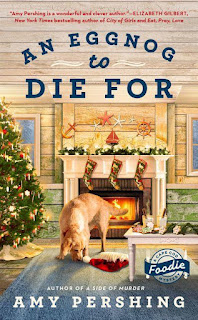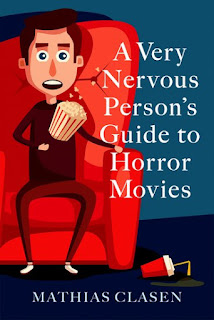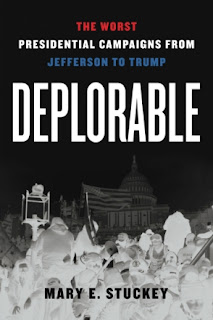D.W. Buffa's recent novel is
The Privilege, the ninth legal thriller involving the defense attorney Joseph Antonelli. The tenth,
Lunatic Carnival, will be published in the spring. He has also just published
Neumann's Last Concert, the fourth novel in a series that attempts to trace the movement of western thought from ancient Athens, in
Helen; the end of the Roman Empire, in
Julian's Laughter; the Renaissance, in
The Autobiography of Niccolo Machiavelli; and, finally, America in the Twentieth Century.
Buffa writes a monthly review for the Campaign for the American Reader that we're calling "Third Reading." Buffa explains. "I was reading something and realized that it was probably the third time that I knew it well enough to write something about it. The first is when I read it when I was in college or in my twenties, the second, however

many years later, when I wanted to see if it was as good as I remembered, and the third when I knew I was going to have to write about it."
Buffa's "
Third Reading" of Nathaniel Hawthorne's The Scarlet Letter begins:
The uninstructed reader, that is to say, all of us raised in the age of television and celebrity, may wonder on first reading The Scarlet Letter how adultery, however much some might think it wrong, could have been made a crime, and not just a minor crime, but an offense punishable by death. The reason for our confusion is that while we were taught that the English colonists who first settled New England came to escape religious persecution, we were not told that they came to practice a religious persecution of their own.
The Puritans who founded Salem braved the hazards of a three month voyage across the Atlantic, and then braved life in an uncharted wilderness, because they knew, knew with every fiber of their being, that everything they did, everything they had to do, was commanded by God. These were people, Hawthorne tells us, “among whom religion and law were so thoroughly interfused, that the mildest and the severest acts of public discipline were alike made venerable and awful.” That was why they were waiting outside the jail for Hester Prynne, convicted of adultery, to be taken to the scaffold. That was why the women in the crowd were...[read on]
About Buffa's new novel
Neumann’s Last Concert, from the publisher:
Neumann’s Last Concert is a story about music and war and the search for what led to the greatest evil in modern history. It is the story of an American boy, Wilfred Malone, who lost his father in the early days of the Second World War and a German refugee, Isaac Neumann, the greatest concert pianist of his age when he lived  in Berlin, but who now lives, anonymous and alone, in a single rented room in a small town a few miles from San Francisco.
in Berlin, but who now lives, anonymous and alone, in a single rented room in a small town a few miles from San Francisco.
Wilfred has a genius for the piano, “a keen curiosity not yet corrupted by vanity” and “a memory that forgot nothing essential.” Neumann, alone in his room, is constantly writing, an endless labyrinth of questions and answers, driving him farther and farther back into the past, searching for the causes, searching for the meaning, of what happened in Germany, trying to understand what had led him, a German Jew, to stay in Germany when he could have left but instead continued to perform right up to the night that during his last concert they took his wife away.
Neumann’s Last Concert is a novel about the great catastrophe of the 20th century and the way in which music, great music, preserves both the hope of human decency amidst the carnage of human insanity and the possibility of what human beings might still accomplish.
Visit
D.W. Buffa's website.
Third reading: The Great Gatsby.
Third reading: Brave New World.
Third reading: Lord Jim.
Third reading: Death in the Afternoon.
Third Reading: Parade's End.
Third Reading: The Idiot.
Third Reading: The Decline and Fall of the Roman Empire.
Third Reading: The Scarlet Letter.
--Marshal Zeringue


















































